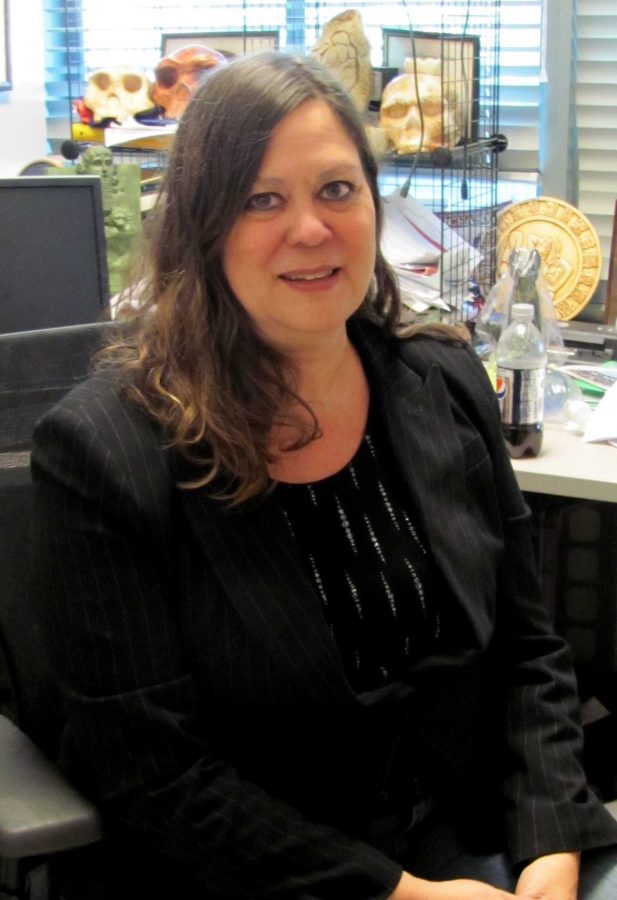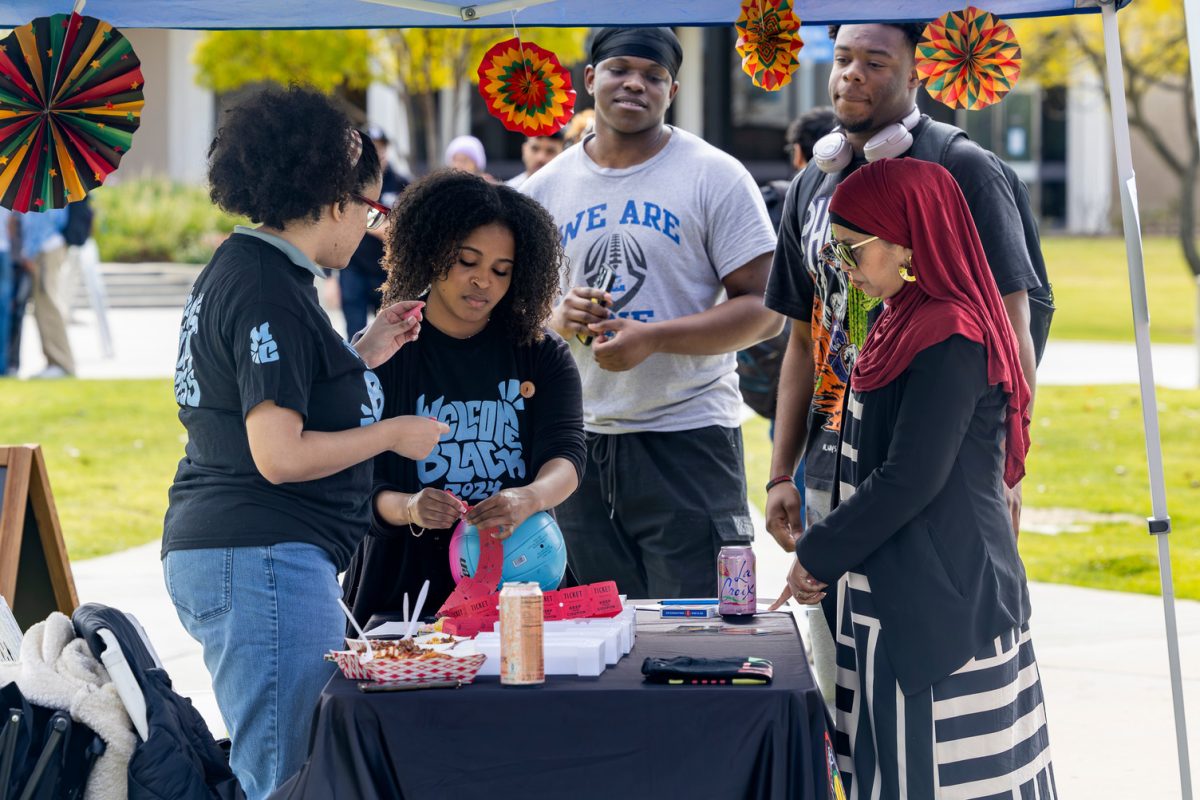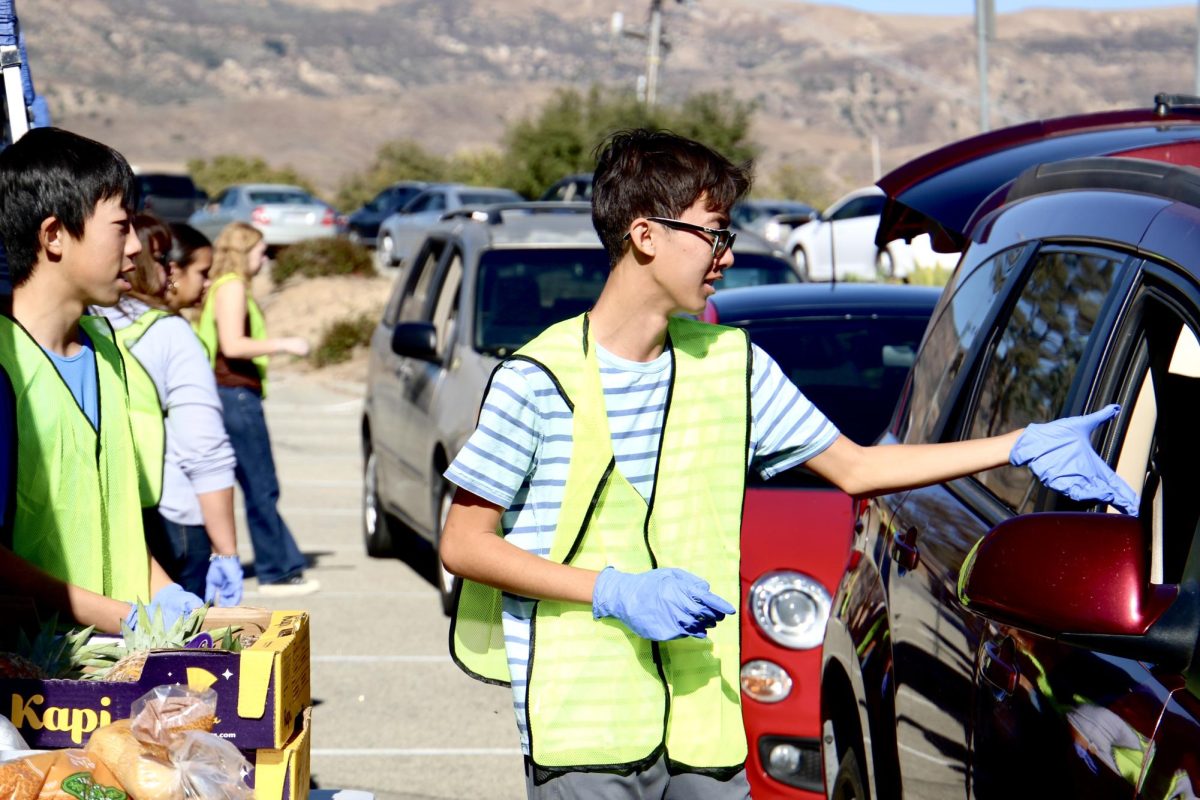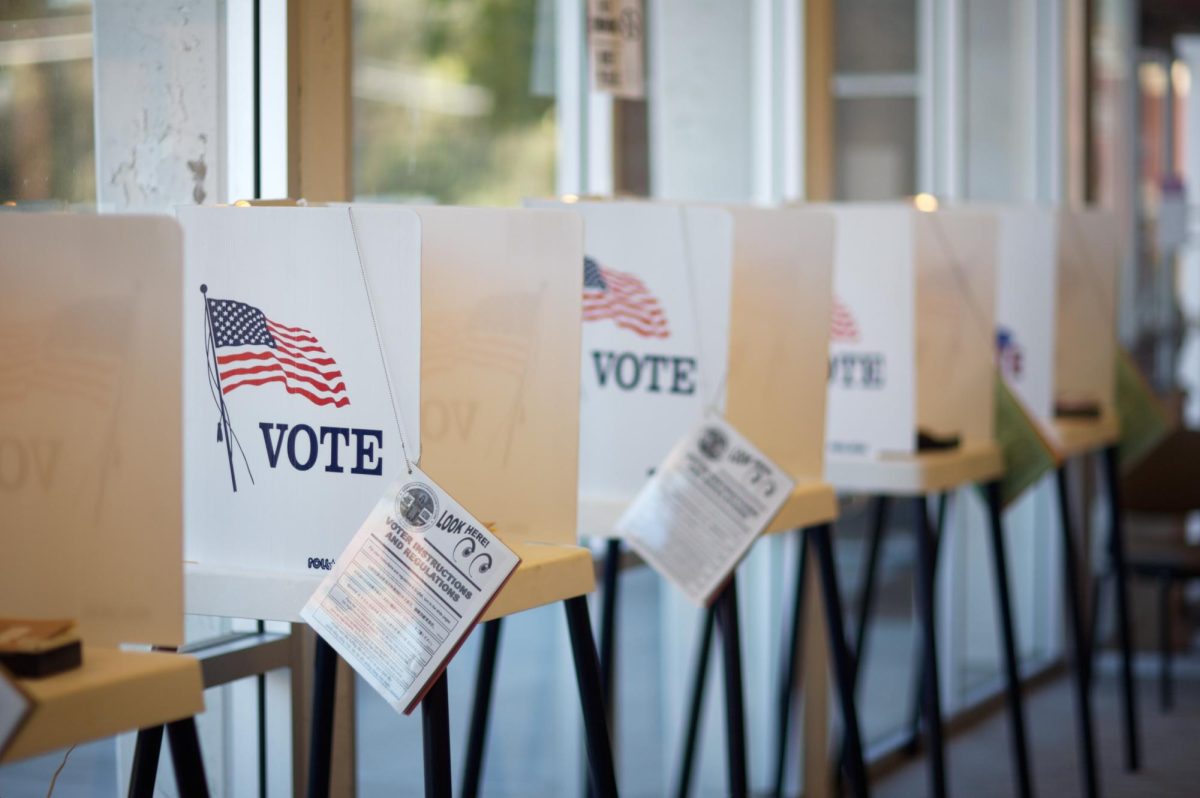You already know that California is in economic crisis and education is the single largest budget item, so tuition increases were inevitable. Students at the UCs and CSUs are protesting, resulting in violent confrontations with campus police.
Tuition pays only for a small portion of the real cost of higher education. World-class universities like UCs are expensive, especially if they are cutting edge in medical and engineering technologies. Community colleges are the least expensive.
Recently, the legislature tried to cope by capping funds to colleges. Previously, extra students meant extra money. Marketing people were hired to get more students, which was good: the more educated the population, the more we all benefit.
However, once the lid was placed on funding, California’s colleges and universities reacted with panic and a good deal of misunderstanding about what had just happened. Many schools immediately put a cap on class size, although budget alone is not the only factor driving how many can be in a class. Other classes are capped at the number of seats permitted by the fire marshal.
Union contracts at the Ventura County Community College Dsitrict dictate that if a teacher ends up with a large class (over 60), they get extra pay. The rush to cap classes could be seen as an attempt to make sure no extra money is spent on teacher salaries.
However, many classes were capped well below 60. If a teacher prefers [and a room is available], s/he could teach up to 60 students without increasing costs. But, many are unwilling to go from 35 to 60. Already struggling to grade and prep for 35, teachers are understandably reluctant.
Still, that’s what some teachers are doing to help students achieve their goals. It’s difficult to envisage that the same amount of attention will be paid to term papers or individual problems, if teachers’ workloads are doubled.
In this new environment, taking school seriously becomes crucial. Each student who is late, whose dog or hard drive “ate their homework,” who asks for a make-up because of their own poor planning is taking time away from students who are being responsible. That’s not how it should work.
Computerized waitlists, add codes and online registration mean that teachers who decide to add as many students as possible face a bureaucratic maze. Hundreds of emails are sent by desperate students, often without enough information to know which class the student wants to add.
Adding people late often means the class has to start all over again, consequently boring students who were actually there on day one. Some students show up just once, taking a seat that some other more responsible student might have had. Instead of teaching, teachers are monitoring lists.
Showing up every day for the first three weeks is the only way a student can make sure they aren’t dropped. This rule is explained in the college catalog, but since most students register online, students rarely read the rules and in the past, teachers didn’t feel the need to enforce them. More teachers are enforcing rules now, to make sure that students who value their education get a seat, while students who are more desultory in their approach, are dropped. If a student is waitlisted, they should certainly show up for the first day of class.
Education at VCCCD is almost free, especially compared to the UCs and CSUs. VCCCD has continued to serve its large student body, even though approximately 4,000 students are receiving no money from the state. We are capped.
Faculty and staff have been fired and more positions are going to be cut back soon, but we are still managing to serve students despite the desperate lack of funding.
If you plan carefully and maintain your GPA during your time at VCCCD, you are guaranteed admission as a junior to an excellent public university. Be aware that your education at the community college level costs the taxpayers of California about $4000 annually. That’s quite an investment on the part of people who don’t even know you.
Students need to treat education as if it were as dear as it really is. It’s not just about money, it’s about what the actual experience is worth.
If you don’t attend, don’t do your reading, don’t pay attention in class, you’re cheapening education in a way that has little to do with money.







